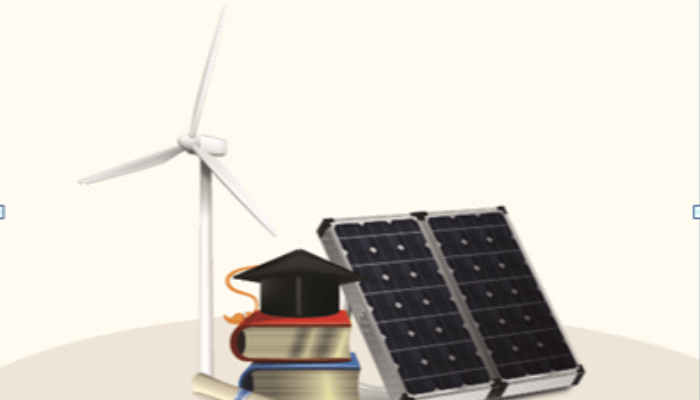Nigeria’s unreliable electricity supply has created a booming market for inverters. Millions of households, businesses, hospitals, and financial institutions now rely on them. With only 58 percent of the population connected to the grid and electricity available for limited hours daily, demand continues to surge. Industry reports estimate the inverter market is worth hundreds of millions of dollars annually, driven by rising fuel prices and the frustrations of diesel and petrol generators.
As these devices become more widespread, their technology is evolving. Currently, inverters come embedded with Wi-Fi, GSM, Bluetooth, and undocumented cellular radios that connect to apps, transmit data, and enable remote control. These features convert household and commercial inverters into Internet of Things (IoT) devices. With these capabilities, inverters are transformed into surveillance points capable of generating data about who is using power, when, and how much.
For ordinary citizens, this means exposure of private lives, but for national institutions, the implications may be more severe. For instance, Nigeria’s banks run on backup systems that now communicate externally, creating signals of vulnerability whenever branches or financial servers are under strain. Some telecom towers and base stations, the backbone of Nigeria’s digital economy, are also tied to inverter systems. A foreign adversary with access to their communication modules could monitor or disrupt connectivity across entire regions during elections, protests, or emergencies. The military faces the most sensitive threat. If inverters at barracks, radar stations, or command facilities are compromised, they could provide adversaries with real-time intelligence about operational readiness, creating a blueprint for disruption without firing a shot.
This issue becomes more pressing when one considers that most inverters in Nigeria are imported with little or no local oversight of their embedded software or communication protocols. Nigeria cannot afford to ignore the possibility that critical infrastructure could be infiltrated through the very devices meant to keep our lights on.
Similar vulnerabilities have already been seen internationally. The Ukraine power grid cyberattacks of 2015–2016 used malware to disable infrastructure, causing blackouts. In Germany, ransomware attacks on wind energy firms disrupted remote monitoring in 2022. A CISA advisory on EG4 inverters in the U.S. documented eighty-eight multiple critical vulnerabilities affecting major models in 55,000 households affected. These flaws could allow attackers to intercept data, install malicious firmware, or seize control. A Reuters investigation revealed undocumented cellular radios embedded in some solar inverters used in U.S. infrastructure. In 2024, Lithuania passed legislation blocking Chinese companies from remotely accessing control systems of solar, wind, and battery installations above 100 kilowatts.
In Nigeria, the problem could be worsened by the absence of a standardised certification framework for smart inverter communication protocols. International cybersecurity standards such as IEEE 2030.5 and IEC 62351 ensure safety, interoperability, and secure communication across distributed energy systems. Nigeria has not yet adopted or enforced these standards for inverter systems. Although the Standards Organisation of Nigeria (SON) has developed standards for solar PV components, including inverters, these focus on electrical safety and performance, not communication protocols or cybersecurity.
Nigeria’s Smart Metering Regulations include provisions for communication protocols and cybersecurity, but these apply to smart meters, not inverters. Many imported inverters are proprietary and do not allow full access to firmware or communication protocols, making them difficult to audit or secure locally. Most imported brands act as opaque “black boxes”, with internal operations not fully accessible to local engineers or regulators. This is a valid concern for national sovereignty and resilience.
Nigeria urgently needs a framework to regulate the importation, certification, and deployment of inverter systems. Just as telecom equipment is vetted before installation, backup power technologies must be scrutinised for hidden communication modules and foreign control pathways. Failure to act risks turning a household energy solution into a silent Trojan horse that undermines national sovereignty.
The National Information Technology Development Agency and the Office of the National Security Adviser must urgently regulate inverter imports, enforce cybersecurity certification, and conduct forensic hardware checks to detect hidden radios or backdoors. Institutions must also be more selective and prioritise inverter brands that offer transparent documentation, allow firmware updates, and comply with international cybersecurity standards.
Finally, consumers must wake up to the reality that “smart” does not always mean “safe”. Before connecting an inverter to Wi-Fi, ask who has access to the data being transmitted, whether the communication is encrypted, and whether the default password can be changed.
Osho Ademola Joel is the founder and CEO of Supretec Aluminium and Roofing.









